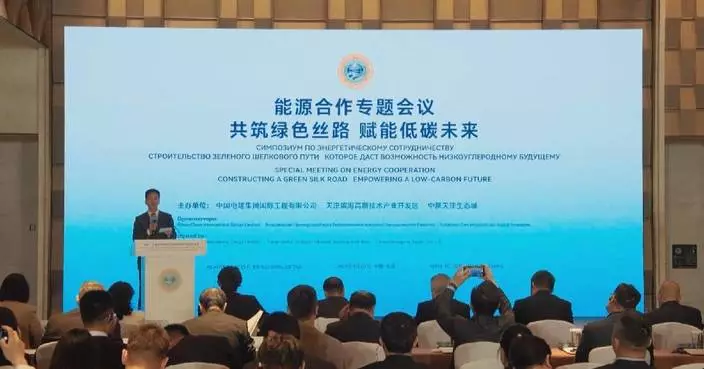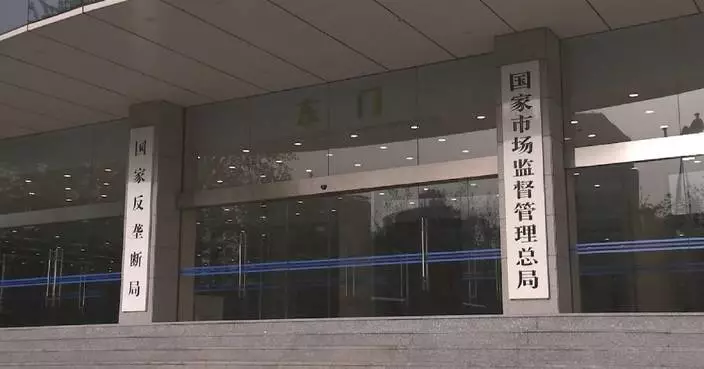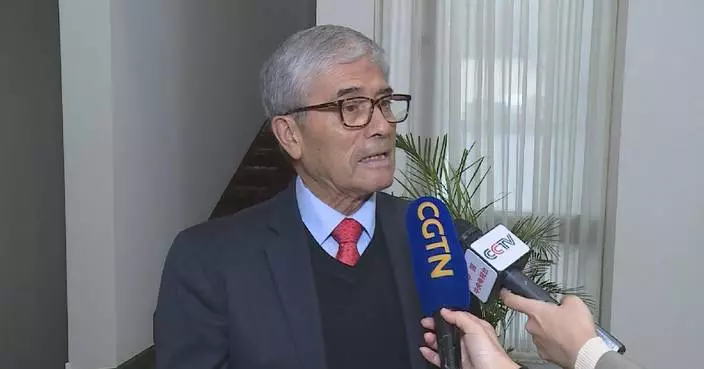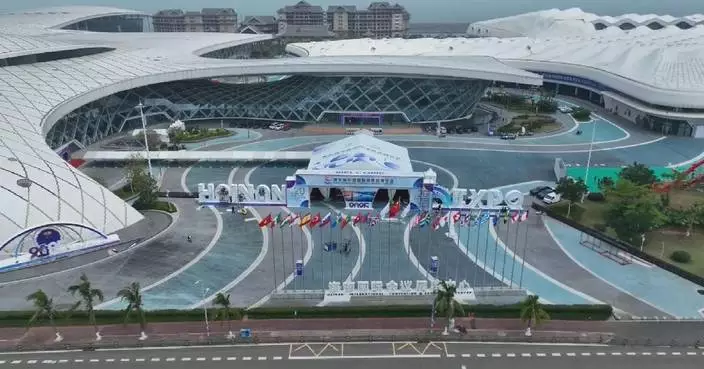Confucianism that values the importance of people, trust, and cooperation makes a difference to China's governance philosophy and development, according to a sinologist speaking ahead of the 10th Nishan Forum on World Civilizations in east China's Shandong Province.
Ragnar Baldursson, who was also Iceland's minister counselor to China, talked about the philosophy of Confucianism and its impact on China's politics and social governance.
"As long as China is governed in the way it is governed today, it's not going to war, because people die, because it does not serve the interest of the people to die. You have to try to provide for them, you had to solve problems peacefully. Trust is one central element. People are one central element. And the third one is inclusive harmoniousness. It's like we can work together. We don't have to agree," he said.
The former diplomat said that the concept comes from China's background as a rice growing society where people need to work together to grow rice.
"So in China it's 'he' and actually the character itself is a rice and a mouth. And how many mouths can you feed with the rice, so you have to work together," he said.
The 10th Nishan Forum on World Civilizations kicked off Wednesday in Qufu City, the hometown of Chinese philosopher and educator Confucius, under the theme of "Traditional Culture and Modern Civilization."
The two-day event gathered leading cultural experts and scholars from around the world to improve understanding between cultures and features several activities, including high-level interviews, parallel forums and keynote speeches.
The forum is named after Nishan Mountain, which is revered as the birthplace of Confucius and has immense historical and cultural significance. The most prominent landmark there is a 72-meter-high statue of Confucius.

Confucianism makes difference to China's governance philosophy: sinologist
The universal "reciprocal tariffs" imposed by the United States signals a decline in the U.S. economic dominance and dollar hegemony, as the country is attempting to extract excessive financial benefits from its trading partners, according to economists, who warn the Trump administration is playing a "dangerous game".
U.S. President Donald Trump last week signed an executive order on the so-called "reciprocal tariffs," imposing a 10-percent "minimum baseline tariff" before unveiling higher rates on certain trading partners. The policy sent shockwaves throughout the global economy and triggered panic on financial markets, with analysts warning of significant risks and dire economic consequences.
In an interview with the China Global Television Network (CGTN), Hong Hao, chief economist of the GROW Investment Group, a Shanghai-based hedge fund, said the tariffs reflect Trump's strategy to extract economic benefits from trading partners, particularly viewing China as a significant competitor. "Trump really believes that the trade terms with the trading partners have been unfair to the U.S., and as a result, the U.S. manufacturing sector has been hollowed out. Therefore, the U.S. is paying an excessive price for globalization, and now, it's time to pay back. I think, from this angle, he is trying to extract economic rent from its trading partners, and also he is trying to see China as one of the major U.S. rivals at this juncture. So, I think, as a result, he is playing a very dangerous game. And, as you can see, it's political theater in the sense that he is trying to dramatize the extreme pressure, so that he can get excessive rent from the opponent," he said
Trump's unilateral imposition of tariffs has eroded global confidence in the U.S. and its dollar's status, leading many to state that the American hegemony may not persist, according to Josef Gregory Mahoney, a professor of politics and international relations at East China Normal University.
"The U.S. economy is at an inflection point. There is a moment where the previous strategies being used to sustain American hegemony were no longer working. And, it's only a matter of time before the U.S. position erodes, given the fact that it's been a house of cards built on the dollar supremacy. And a lot of people don't see that as having a brighter future. This has moved past the theater stage and has moved really directly into one in which no one really has confidence in the U.S. anymore. No one has confidence in the dollar. No one has confidence in the U.S. being committed to the multilateral system, to global trade and so forth and so on," he said.
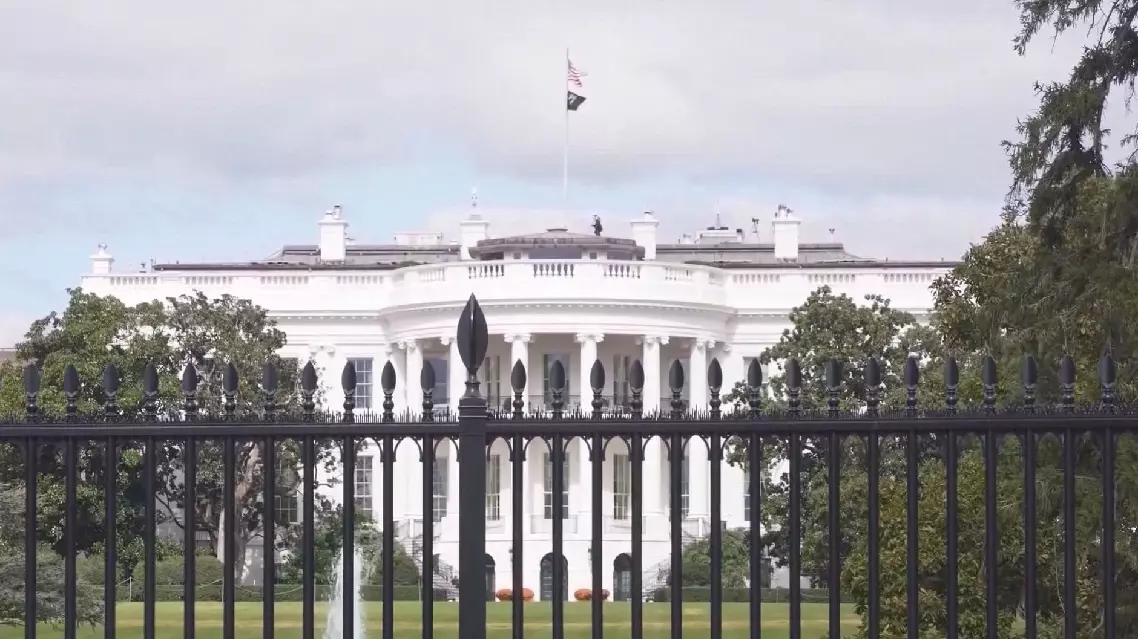
Trump playing "dangerous game" as tariff measures signal decline in U.S. dollar hegemony: economists





